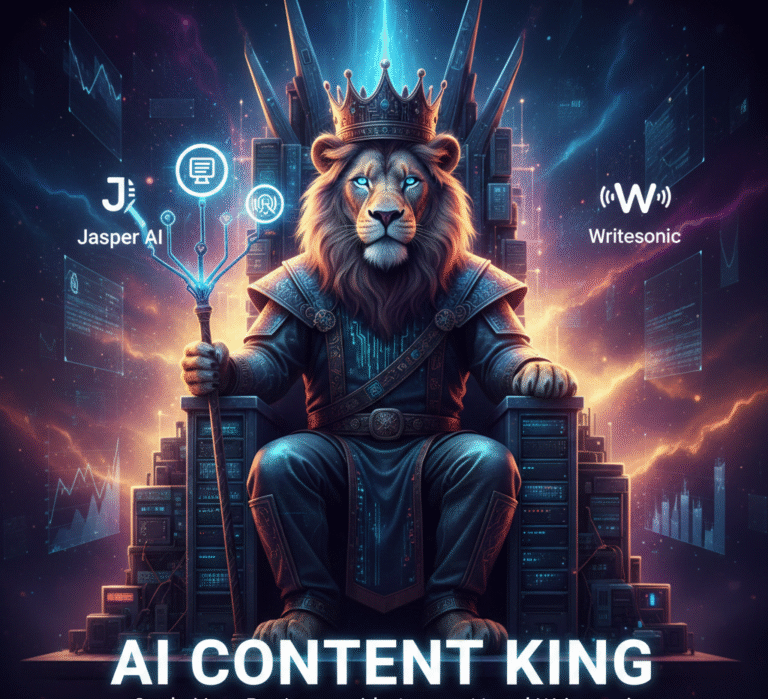AI Reshaping Africa: The Promises and Perils of Industrialization in the AI Revolution

Artificial intelligence (AI) is not just a global phenomenon; it is a transformative force driving innovation across industries, and Africa is no exception. In this blog post, we explore the pros and cons of AI in Africa’s industrialization journey, highlighting how the adoption of AI technologies can accelerate socioeconomic development on the continent with real-world examples and insights.
The Pros and Cons of AI in Africa’s Industrialization
1. Pros of AI in Africa:
a. Increased Efficiency: AI automation can streamline processes in industries such as agriculture, healthcare, and logistics, enhancing efficiency and productivity.
b. Job Creation: AI adoption can create new job opportunities in AI development, maintenance, and oversight, contributing to economic growth and skill development.
c. Improved Healthcare: AI-powered telemedicine and diagnostic tools can extend healthcare access to underserved regions, improving healthcare outcomes and saving lives.
2. Cons of AI in Africa:
a. Skills Gap: The lack of AI expertise and training programs in Africa may hinder the adoption and integration of AI technologies across industries.
b. Data Privacy Concerns: The collection and processing of vast amounts of data by AI systems raise privacy and security implications, necessitating robust data protection measures.
c. Displacement of Traditional Jobs: AI automation may lead to job displacement in sectors reliant on manual labor, requiring reskilling and upskilling initiatives to mitigate the impact.
AI for Socioeconomic Development in Africa

1. Agriculture: AI technologies like precision agriculture, crop monitoring systems, and pest detection algorithms can optimize farming practices, increase crop yields, and ensure food security. For example, the Kenyan startup Apollo Agriculture leverages AI to provide smallholder farmers with personalized farming recommendations and financial solutions.
2. Financial Inclusion: AI-powered fintech solutions, such as mobile banking apps, digital lending platforms, and credit scoring algorithms, can expand financial access to unbanked populations in Africa. Companies like Branch International and Tala use AI algorithms to assess creditworthiness and offer microloans to underserved individuals.
3. Education: AI-driven e-learning platforms, adaptive learning systems, and virtual tutors can personalize education delivery, enhance student outcomes, and bridge learning gaps in remote areas. The South African startup Zibuza.net uses AI to provide interactive learning resources for students and teachers in marginalized communities.
4. Smart Cities: AI-powered urban planning, traffic management systems, and IoT devices can create sustainable, efficient, and resilient cities in Africa. The city of Lagos, Nigeria, is adopting AI technologies to optimize public transportation, reduce traffic congestion, and improve citizen safety through smart city initiatives.
The adoption of AI in Africa’s industrialization journey presents a dual opportunity for growth and challenges. By leveraging AI technologies responsibly, investing in AI education and training programs, and prioritizing data privacy and ethical AI deployment, African nations can harness the transformative potential of AI to promote socioeconomic development, drive innovation, and shape a sustainable future for the continent.




Leave a comment